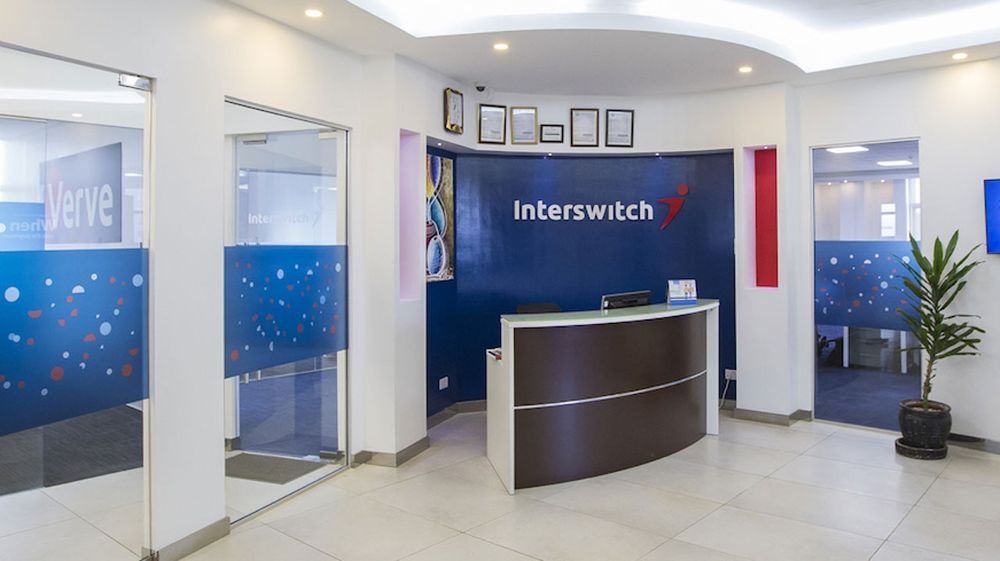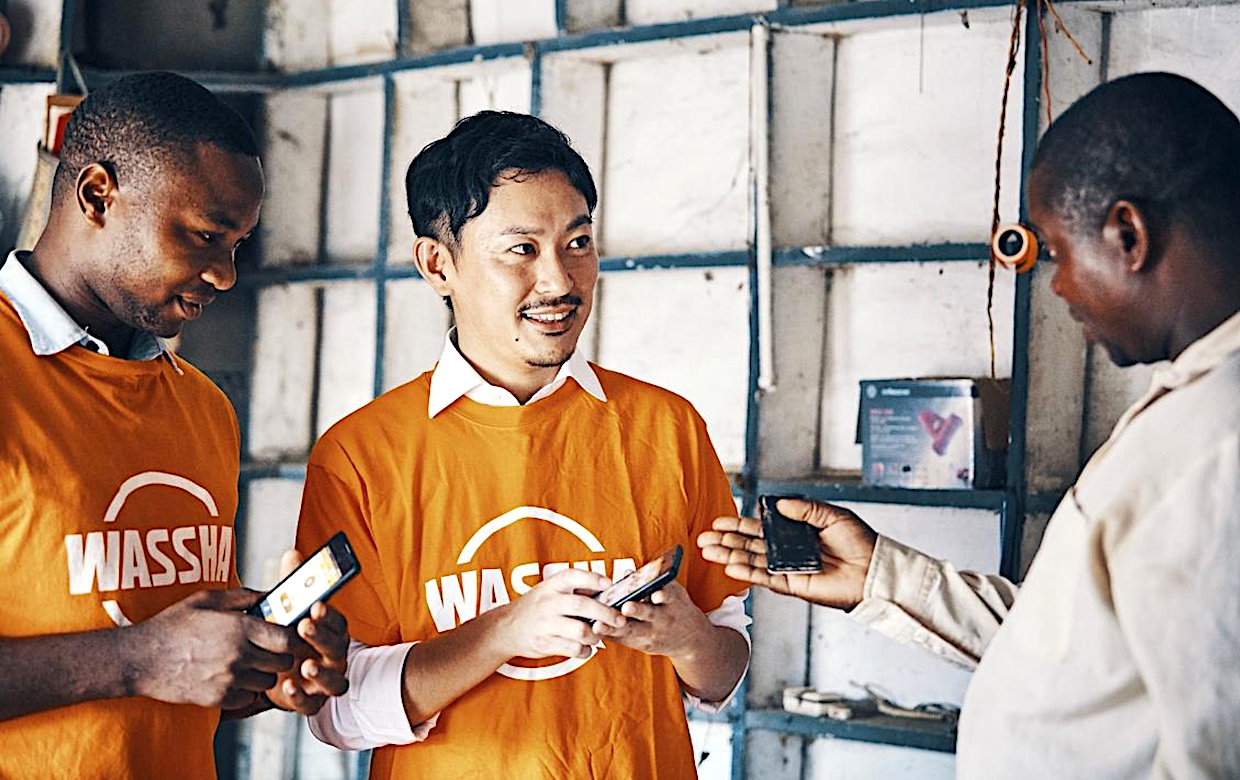Africa is one of the fastest-growing tech markets in the world, possessing a wealth of untapped human potential and a rapidly growing middle class. According to experts, in just 40 years, the continent will have more people than India and China combined. This equates to an estimated output of nearly $16 trillion annually.
If the value of a startup relies on effective and scalable tech solutions, then the African companies emerging today will no doubt become tomorrow’s tech giants.
When thinking about Africa, VCs should avoid doing so from the perspective of charity but rather with the intention of doing business and fostering growth alongside African innovators/founders. The continent faces unique challenges, and understanding them thoroughly is key.
Africa is home to multiple tech hubs scattered across several countries, and the main players, aka the ‘The big six, which include:
- Lagos, Nigeria
- Nairobi, Kenya
- Cape Town and Johannesburg, South Africa
- Cairo, Egypt
- Accra, Ghana
- Kampala, Uganda
The name of the game is Fintech or financial technology. Startups focused on this vertical received the most funding, nearly three times more than any other sector, and have raised $3.6 billion since 2015. Of that, $2.7 billion was raised between 2021 and 2023 alone (in fintech). Judging by data starting from May 2023, the fintech sector continues to lead, attracting 67% of all startup funding, followed by cleantech (20.3%), and finally, mobility/logistics (6.1%).
Fintech startups are also the most accelerated, which is no surprise. In Africa, mobile money and banking solutions are necessary in order to transition the continent from developing to developed.
Nigeria, Kenya, and South Africa make up 67% of all fintech investments in Africa. Additionally, the Egyptian startup ecosystem is growing steadily as well, with MNT-Halan, Egypt’s first unicorn, raising $400 million over the course of three funding rounds.
It is important to understand that Africa has an estimated 100 million MSMEs (micro, small, and medium-sized enterprises). 44 million of these are in sub-Saharan Africa alone.
According to the UN, MSMEs form the backbone of the African economy and play a vital role in driving the continent's growth and industrialization. However, connecting African entrepreneurs to buyers, suppliers, and distributors remains one of Africa’s greatest challenges, and this is where the real value of African fintech starts to become apparent.
In order for Africa to succeed, its rapidly growing market needs effective, affordable, and seamless ways to conduct business or move money, not only among Africans but also with the rest of the world. The market is hungry for solutions; the majority of people are unbanked, and traditional banking has proved inefficient in addressing the needs of the average African.
Startups in fintech are not only more likely to get funded but are also more likely to get acquired. One of the earliest and most striking examples is Stripe's acquisition of Paystack Nigeria for $200 million back in 2020.
There are currently 7 unicorn startups in Africa, each valued at over $1 billion; 6 of these are fintech-oriented:
1. Flutterwave (Nigeria)

Founded in 2016, Flutterwave is valued at $3 billion, making it Africa’s largest startup. The fintech company serves individuals and businesses. Additionally, Flutterwave also has numerous partnerships with large enterprises such as Microsoft, Uber, Netflix, Alibaba, and Audiomack.
They are rapidly expanding their global reach, partnering with banks and financial institutions around the world to provide seamless payment solutions and cross-border remittances.
The unicorn recently acquired new licenses to operate in 13 US states, bringing the total up to 29 states now. Their recent partnership with IndusInd bank in India is a significant milestone as well and makes them the first African startup to penetrate this market at scale. In Africa, Flutterwave’s presence spans an impressive 34 countries.
2. Opay (Nigeria)

This is Africa’s second most valuable fintech at $2 billion and is one of the most promising companies on the continent. They currently have a whopping 34 million registered users and over 500,000 agents in Nigeria.
If you think of Flutterwave as US-backed, then Opay is Chinese-backed. Additionally, judging by Opay’s immensely growing user base, it is clear they possess an edge when it comes to serving the average African. Opay’s moat is grassroots penetration, and their multifunctional, locally-focused approach has created a strong ecosystem that directly addresses the everyday needs of the African user, and millions of people are flocking to register.
3. Wave (Senegal)

Wave's rise from Senegal, a nation not typically associated with Africa's leading tech hubs, underscores its disruptive force in fintech. Despite Senegal's unconventional positioning, Wave has become the third most valuable fintech startup in the continent.
Their impact on Senegal's financial landscape cannot be ignored, compelling established giants like Orange, the French telecommunications corporation, to drastically slash transaction rates by 80%. African fintech is not only disrupting banks but challenging traditional mobile money services as well.
With a customer base surpassing 10 million users spanning six African nations, Wave's approach mirrors that of Opay, thriving on grassroots penetration and addressing the financial needs of the under-banked.
Their efforts are transforming Africa's financial paradigm by steering it away from cash dependence and spearheading comprehensive digitization across all economic sectors. Their success is evident, with over 75% of Senegal's population now benefiting from Wave's services, marking a significant leap toward financial inclusion and digital progression in the region.
4. Andela (Talent-tech, Nigeria)

The only non-fintech startup unicorn on the continent. Andela is a private marketplace focused on bringing technical talent, particularly software developers, and connecting them with global companies.
Andela operates on a unique model focused on full-time, salaried employment for their software engineers rather than engaging freelancers. They train and employ software engineers as full-time employees who work remotely and collaborate with global tech companies on various projects.
Their moat lies in de-risking the hiring process; Andela helps tech companies build engineering teams and allows them to scale up or down seamlessly.
5. Chipper (Ghana)

Once valued at $2 billion, this Jeff Bezos-backed fintech was one of Africa’s most promising startups. However, maintaining unicorn status has proved difficult, and some sources estimate Chipper’s value has plummeted (now between the range of $250-500 million).
According to the company, they currently have 5 million users and a reach spanning 21 African countries. Time will tell whether Chipper will regain investor confidence; nevertheless, they are certainly worth watching.
Keep in mind that maintaining unicorn status in Africa is not guaranteed (Or anywhere else in the world). Take Jumia, Africa’s first unicorn, valued at $1 billion back in 2016 and currently sits at a $330 million market cap. The fintech sector is ripe with opportunity but also laced with challenges. To raise capital is one thing, but to really penetrate the market remains a challenge in this sector.
6. Interswitch (Nigeria)

An early pioneer of African fintech that was founded in 2002. Many credit Interswitch with leading the digital finance revolution in Nigeria. Their debit card scheme, known as Verve, has 19 million active cards, and was the most used card in Nigeria between 2019 and 2022.
Once hailed as the unrivaled leader in Nigeria's digital payments. However, Interswitch has faced intensified competition over the years, notably from disruptive newcomers like Opay, challenging its dominance in the country's digital payments landscape. As Africa's fintech sector evolves, Interswitch remains an experienced and established key player, but the landscape is more competitive and dynamic now.
7. MNT-Halan (Egypt)

At this point, it should be clear that the startups focused on financial inclusion are also the ones penetrating their respective markets at a rapid scale. It should also be clear that those who succeed are the companies worth watching. MNT-Halal is Egypt's first unicorn ever and provides customers with mobile wallet services as well as access to credit. They are now Egypt’s fast-growing lender.
Consider this: If a startup like Wave in Senegal (a poor nation with a small population) can have massive adoption and success, imagine what an Egyptian start-up can achieve. Egypt is far richer than Senegal, with more than 5 times the population. It’s not hard to see why investors are excited.
Fintech isn’t the only sector to watch
8. M-KOPA

It’s worth mentioning the rise of M-Kopa, a growing fintech startup from Kenya that recently raised $255 million ($55 million in equity funding and $200 million in debt funding). However, calling it fintech is only half the picture. This start-up focuses on the confluence between fintech and cleantech, allowing under-banked customers access to solar energy kits.
They help their customers finance productive assets (Including smartphones) and boast over 3 million customers. A rising global star in practical cleantech solutions and financial inclusion.
Africa is the least electrified continent, and start-ups like M-Kopa see this as an opportunity. Emphasis on low-cost ‘productive assets’, things that empower and can genuinely help a person thrive.
Kenya is leading Africa in Cleantech, with Sunking (a Chinese startup operating in Kenya) being at the top of the list, having raised a total of $576 million since their founding (the last round was series D).
Startups like M-KOPA and Sunking are turning Africa’s lack of electric infrastructure into a business and creating an off-grid and decentralized network of homes powered with solar energy. By working directly in their communities, Startups in Africa are genuinely improving the lives of the average African and driving economic growth.
Rather than wait for government or aid to solve issues, founders are building real solutions, while actively leveraging sustainable energy and financial technology. Companies are shipping tech solutions at massive scales and affordable prices.
While Africa is only responsible for less than 4% of global energy emissions, the continent faces a future with rapid population growth. In order for the market to rise while keeping emissions low, leveraging technology becomes essential.
Apart from Sunking and M-KOPA, other rising cleantech startups in Africa include:
9. Lumos (Nigeria)

Lumos does not operate a full-fledged fintech infrastructure like Sunking or M-KOPA. However, they have raised significant funding ($35 million) from the United States DFC (international Development Finance Corporation) and have partnered with telecom giant MTN to help facilitate payments.
10. Wassha (Tanzania)

A Japanese startup primarily operating in Tanzania, with an added presence in Uganda and Mozambique. They set up solar panels and rechargeable batteries at affiliated kiosks in rural villages. Residents access free LED lanterns and appliances at no cost. Through mobile payments, rural customers rent these appliances from the kiosks, exchanging empty batteries for charged ones daily, fostering a system of fee-based recharges through mobile transactions.
11. WATT (Nigeria)

Watt delivers hybrid solar solutions for off-grid telecommunications infrastructure. This startup is independently owned and recently raised $13 million to propel the development and deployment of state-of-the-art large scale solar solutions, signaling a significant stride towards clean energy sources for telecommunications infrastructure across the continent. They are focused on project development and engineering for commercial and industrial enterprises.
12. EasySolar (Sierra Leone)

Easy Solar offers rent-to-own financing structures similar to others but target the most rural communities, enabling customers to own the products after completing payments. Their products have been distributed to more than 50,000 households, providing clean energy to rural communities in one of the least electrified regions in the world.
Easy Solar assesses customer creditworthiness by offering entry-level products and will offer larger home solar kits and products to those who demonstrate the ability to pay.
The future looks exciting
The continent's burgeoning startup scene isn't just reshaping local economies; and it's setting global precedents, too. Africa's commitment to sustainable solutions while embracing financial technology serves as an inspiring blueprint for other regions facing similar challenges (and other African countries lacking enough tech talent).
As Africa's population explodes, technology becomes not just a luxury but a necessity. These startups exemplify the potential for sustainable growth while keeping emissions low, setting the stage for a future where innovation meets environmental consciousness.
The list of promising startups is extensive. The few listed and discussed are the tip of the iceberg. There is money to be made in Africa by creating innovative tech solutions for Africans, and the world is slowly taking notice.

